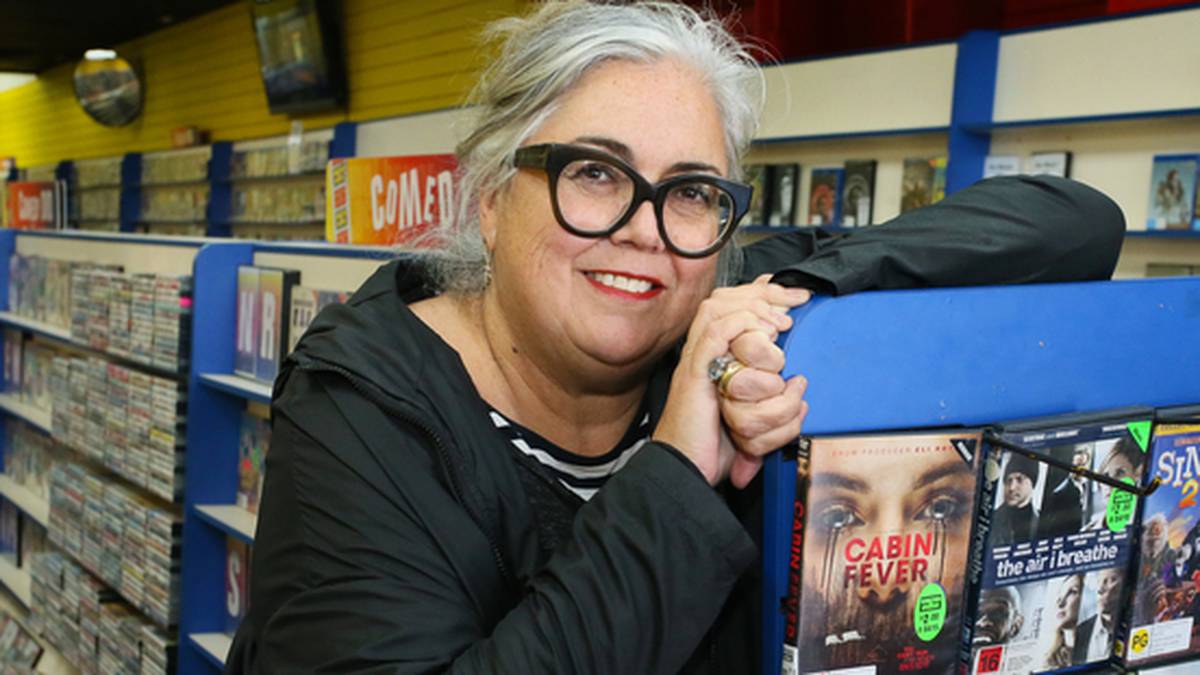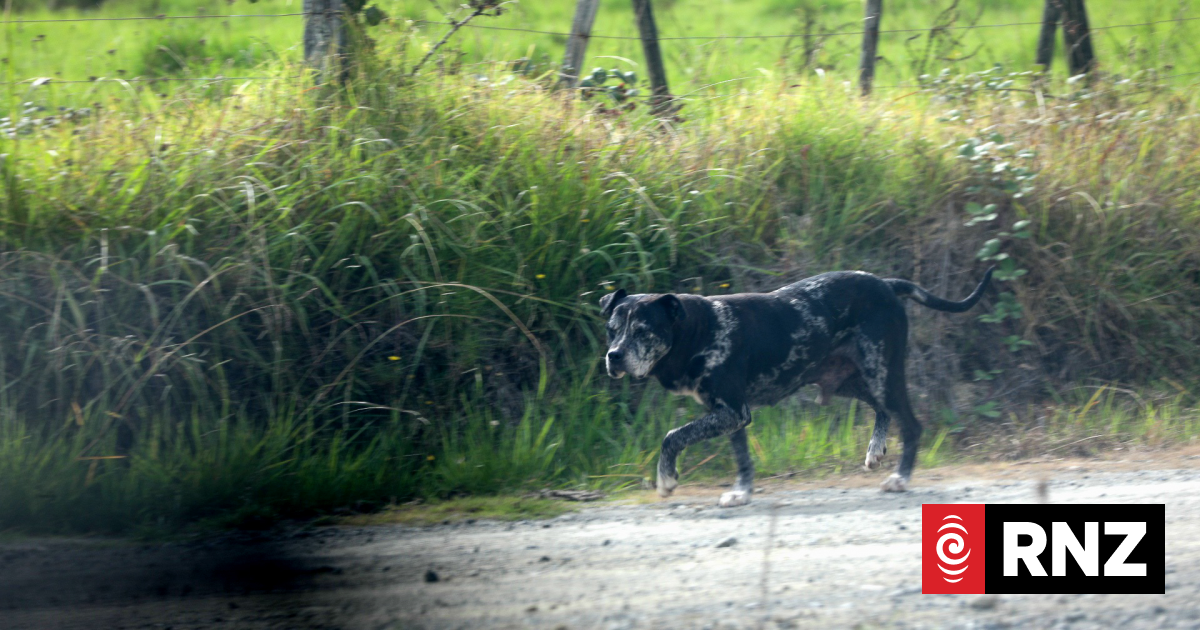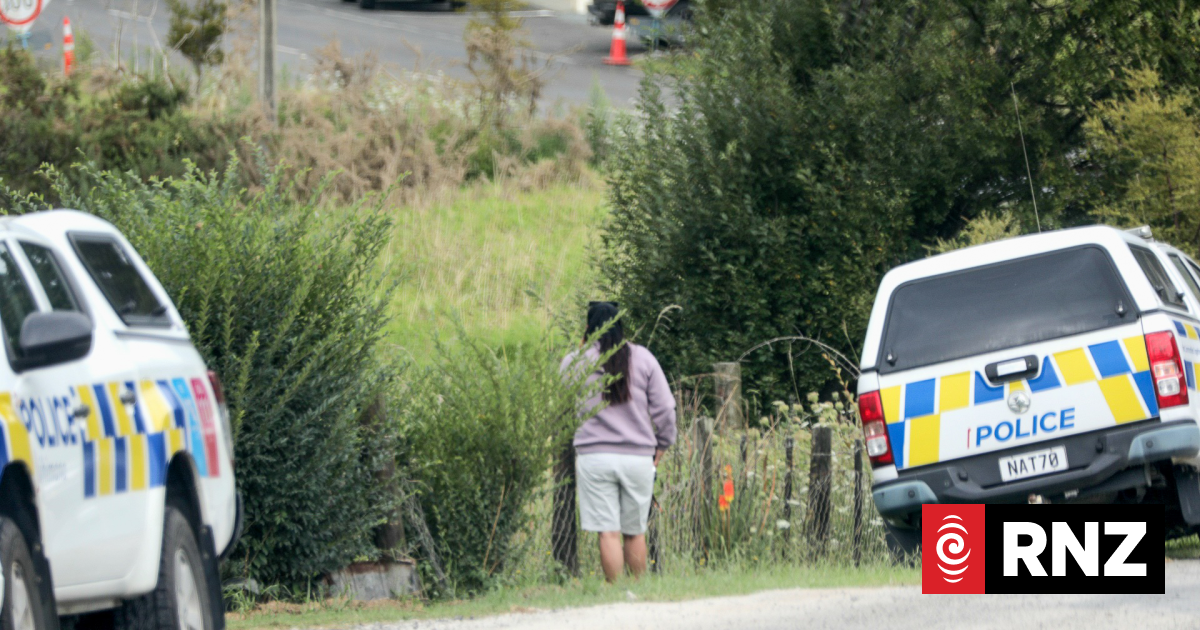The worst of the weather is over but travel disruption continues, the amount spent on Government advertising revealed & US President Joe Biden tests positive for Covid-19 in the latest New Zealand Herald headlines. Video / NZ Herald
It’s the end of an era with the closure of Northland’s last video shop this Saturday – one of the final few left in the country.
United Video in central Whangārei is selling its stock
on its last open day. From new releases like Spider-Man: No Way Home through to 1980s classics such as Porky’s, it’s all going.
And when it closes its doors, New Zealand will be down to three remaining traditional video stores.
Owners Tania Couper and Dennis Oneil made the decision to shut the shop after the impact of the latest lockdown whittled away its already-diminished customer base.
“Our turnover has dropped to a level where we can’t sustain it anymore,” she said.
Couper said the advent and growth of streaming services had squeezed the business over the years. She said the lockdown last year converted those few who hadn’t made the leap to streaming.
“Our customer base now is people who don’t have the internet or are older. There’s still a lot of people who live off-the-grid.”
The redevelopment work on Vine St, where the shop is based, also hit the bottom line with the temporary bus stop outstaying the project deadline, blocking customers from parking right outside the store.
Couper and Oneil bought the business in 2002 and had seen it change names and locations around Whangārei in the two decades since. At one stage it was an independent called Giant DVD but the size of the store had shrunk with the market.
The United Video name once represented a nationwide franchise but that went as video distributors withdrew from New Zealand after The Warehouse stopped selling DVDs.
Couper said along with the nostalgic pang of losing video stores, the change in viewing habits that came with streaming also had a cost. “Families don’t watch things together anymore like they used to,” she said.
University of Canterbury senior lecturer Zita Joyce, whose research includes the meeting of media technologies and social and cultural practice, said the proliferation in screens created the ability for people to indulge more in private viewing.
“It’s that super-individual, private viewing that’s most alien to earlier generations,” Joyce said.
She said conversations with students at the university revealed they had shows they watched with others but also those that were very much their own.
Joyce said that streaming was a continuation of what video began rather than a new phenomena. Both allowed people to choose what they wanted to watch and when.
She said one other aspect of losing video stores was the economics of viewing, with businesses and jobs going from communities to the offshore headquarters of streaming services. “The money goes far away.”
Northland film-maker Florian Habicht, whose celebrated Kaikohe Demolition and James & Isey were filmed in the region, also linked video and streaming with a recollection of wandering the aisles of Ponsonby Video in Auckland, and being overwhelmed by choice.
However, he offered a contrast through the absence of a New Zealand-centric catalogue of movies on mainstream streaming sites. In video stores, he said, there was almost always a separate stand for locally-made movies.
It was through video store support that Kaikohe Demolition found its way to many New Zealand viewers, Habicht said. He sold a dozen or so copies to a Video Ezy store in Auckland and later learned it had earned thousands of dollars in rental. When the rental dried up, it recouped its initial spending by selling the movies in a clearance sale, he said.
Habicht said it was harder getting large streaming services to pick up New Zealand movies and it was only smaller platforms that offered such content.
“What I loved about the DVD stores was having the films as physical objects, being able to hold the artwork in your hands.”
In Waikato’s Morrinsville, Wilfred Buser has one of three remaining United Video stores. The others are in Masterton and Invercargill. He said the Covid-19 lockdowns had shown him how small its customer base could get.
“We’re just sliding along rock bottom now,” Buser said. He first owned a video store adjoining a supermarket in Zimbabwe in 1983. When he moved to New Zealand, he couldn’t find a supermarket to buy but continued with the video rentals. “If I survive four decades in the business I’ll be really proud.”
The video store was such a part of 1980s culture the video shop become a key feature of the latest season of the hit show Stranger Things.
While there are few remaining traditional video stores, the numbers are bolstered by a handful that have diversified into other businesses. That included Christchurch’s Alice in Videoland with its adjoining cinema. In Wellington, AroVideo holds a catalogue of more than 27,000 rentals but also offers streaming through AroVision.




